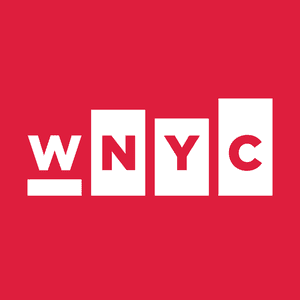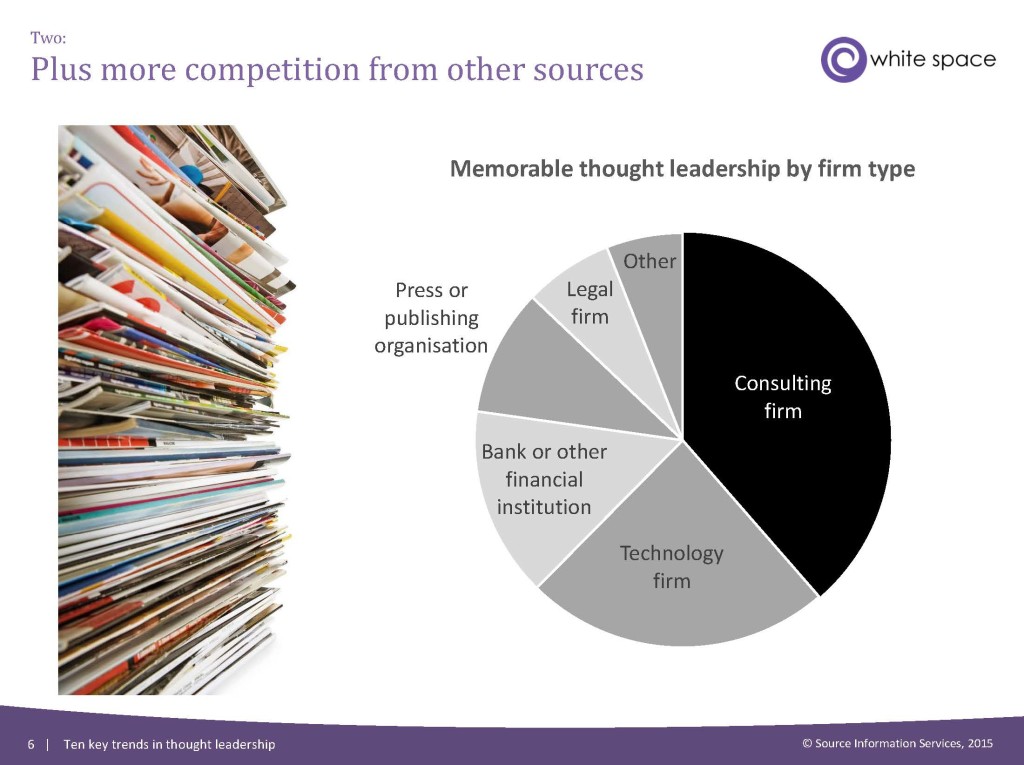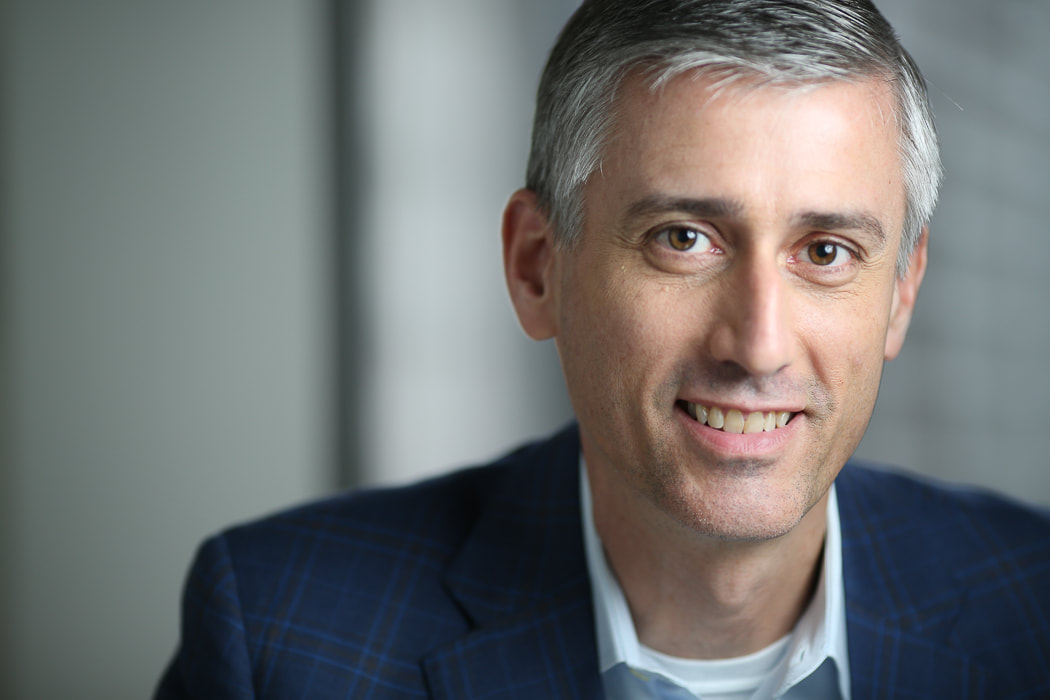Starting off the fall lecture season, tonight’s public forum was definitely an example of “deliberative democracy”, as the host Brian Lehrer put it. At least four people were removed from the audience for exercising their First Amendment right to scream, mostly about the trampling of the Fourth Amendment right against unreasonable searches.
The forum’s topic was subway security and the underlying theme was the level of civil liberties we are willing to forgo in order to be safe. The forum had two panels, one on random searches, and another on surveillance cameras. The advent of random searches on the subway looking for terrorist bombs was the impetus for the discussion, but hasn’t the subway always been dangerous?
Almost everyone on the first panel agreed with David Harris, author of Good Cops: The Case for Preventive Policing and Profiles in Injustice: Why Racial Profiling Cannot Work, that the best way to catch a terrorist was to look for suspicious behavior rather than ethnicity. Heather MacDonald of the Manhattan Institute played her role as the panel’s conservative to the hilt. She defended racial profiling by saying that the terrorist threat was coming from Islamic terrorists so the police should target South Asian and Arab men. She provocatively asked if it would make sense to search black men if the police were looking for a Klu Klux Klan member. After listening to the other panel members, immigration lawyer Sohail Mohammed and law professor Stephen J Ellmann, I concluded that random searches are so ineffective that they are not worth relinquishing any of our civil liberties.
While random searches might not work, the increased police presence in the subways that comes with the searches probably will decrease crime and terrorism. As everyone panics about terrorism, a side benefit is that anti-terrorism efforts can also reduce random crime. This is what I think might happen as new surveillance cameras are added to subways.
I am reflexively against surveillance cameras but am close to being convinced that they can are a good thing. The NYC Police Department is installing over a thousand cameras into the subways. Almost everyone agrees that cameras don’t prevent crimes or terrorism, so why use them? Because they help solve crimes after the fact. For example, cameras in the London Underground helped capture the terrorists in this summer’s subway and bus bombings. As many convenience store owners can attest, cameras won’t deter most criminals. That said, I have noticed the drop in the number of drug dealers in Washington Square Park since Giuliani installed cameras. Interestingly, no one in the audience represented a high crime area where residents have been asking for subway cameras to protect them from criminals long before terrorists became a concern.
There are many reasons why surveillance cameras are bad. Unfortunately, the second panel’s main opponent of cameras, Donna Lieberman of the New York Civil Liberties Union, came across as a hysterical liberal. She and some audience members overstated the technological ability to be able to monitor, record, and save the data recorded by surveillance cameras. Heck, most tapes are re-recorded over after 24 hours or a week, and most video footage is never viewed by an actual person. Remember, the federal government is already able to monitor our phone conversations and emails, but there are not enough law enforcement officials to actual review the massive amount of data. The Center for Democracy and Technology has an excellent resource for those of you who want to learn about what the federal government is doing to monitor our every electronic move.
The panel was co-sponsored by The Smith Family Foundation and will be broadcast on WNYC.



